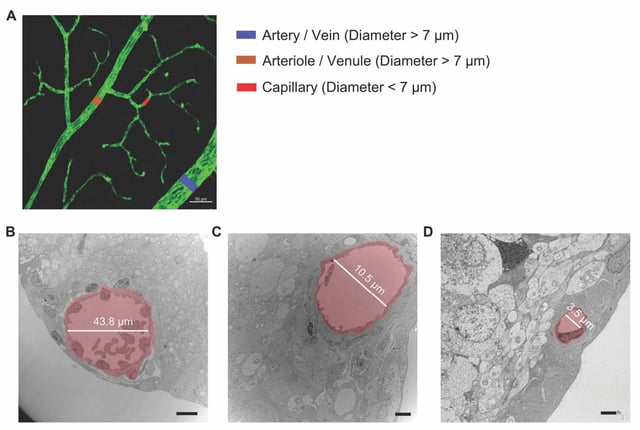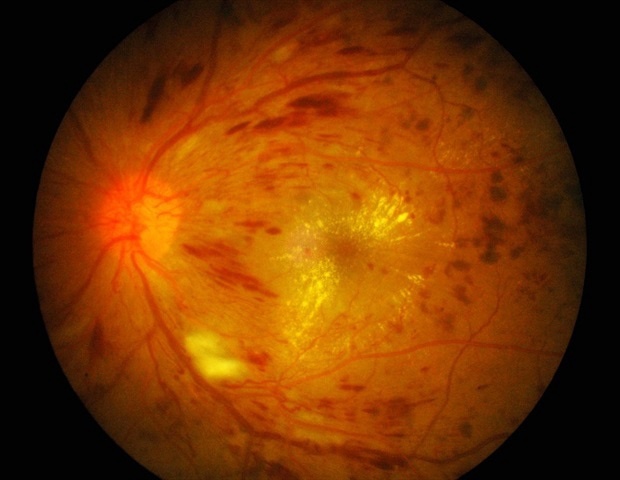Overview
- A new NIH-funded study reveals that hypoglycemia disrupts the blood-retinal barrier in diabetic mice, leading to retinal vessel leakage and vision loss.
- The study identifies hypoxia-inducible factors (HIF-1α and HIF-2α) as critical proteins accumulating during low blood sugar episodes, triggering retinal damage.
- The experimental drug 32-134D successfully inhibits HIF activity in diabetic mice, preventing blood-retinal barrier breakdown and vascular leakage.
- Findings explain why tight glycemic control or high glucose variability can paradoxically worsen diabetic eye disease through hypoglycemia-driven pathways.
- Researchers are now planning early-phase clinical trials to evaluate the safety and efficacy of 32-134D in patients with diabetic retinopathy.


